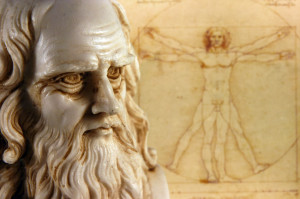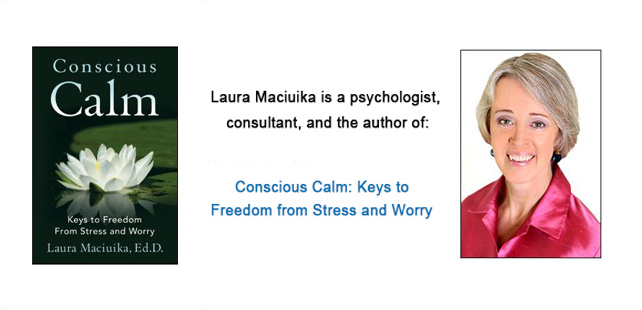 I’m a psychologist, but I didn’t major in psychology in college. My university had a psych department, but I called what they wanted us to study “Rats and Stats.” So I took the few courses that had to do with human beings, and avoided the rest. At least until grad school. I was interested in human potential, not the “predict and control” of standard psychological research.
I’m a psychologist, but I didn’t major in psychology in college. My university had a psych department, but I called what they wanted us to study “Rats and Stats.” So I took the few courses that had to do with human beings, and avoided the rest. At least until grad school. I was interested in human potential, not the “predict and control” of standard psychological research.
So I took classes about human development from different angles. This included learning about the history-shaping ideas that have influenced who we are and how we see the world. One figure that single-handedly influenced the European Renaissance and the western world was Leonardo da Vinci.
We can talk about his genius and influence all day long, of course. But here I want to bring you just one of the da Vinci principles for living fully that author Michael Gelb writes about in his book How to Think Like Leonardo da Vinci: Seven Steps to Genius Every Day. Gelb has culled from da Vinci’s work across art, science, engineering, sculpture, architecture, painting, mathematics, and design. Not surprisingly, many of these principles can be applied to human growth and change, including creating more lasting stress relief in our lives, from the inside out.
One of those principles is called “Dimostrazione” in Italian – which means:
“The commitment to test knowledge through experience, persistence, and a willingness to learn from mistakes.”
When we’re engaged in actively growing, or changing ourselves or our lives – whether that’s learning how to not be so stressed, taking on a new project outside of our comfort zone, or deciding to finally, for real, draw a line and change what’s not working for us in our lives – this principle can be an helpful guidepost.
Making real change is a decision. And being decisive is a powerful change-agent. Adding “commitment” means actually staying with that decision the next day, and the day after that. This then requires actually doing things a little differently, both inside and out.
Leonardo might suggest it also means having the persistence to not quit just because our project or plan didn’t work perfectly the first day, or the first week. It may include the willingness to show up again the next day. The willingness to be both patient, and lovingly rigorous. When we also include the willingness to be open to how things feel different, testing out what our experience actually is, we allow ourselves to learn from that, and adjust.
Willingness is an acceptance of process. Plus a deeper curiosity, without judgment. A kinder way to relate to ourselves, perhaps. And this curiosity plus willingness and commitment also call out our better self, the side of us with the highest, shining integrity. We can make a clear decision and then keep our word to ourselves, taking small steps to show up for what we’ve said we want, over and over again, as the more present, powerful change agents we all have the power to be in our lives.
Paradoxically, willingness can be a path to greater personal power and real inner control.


